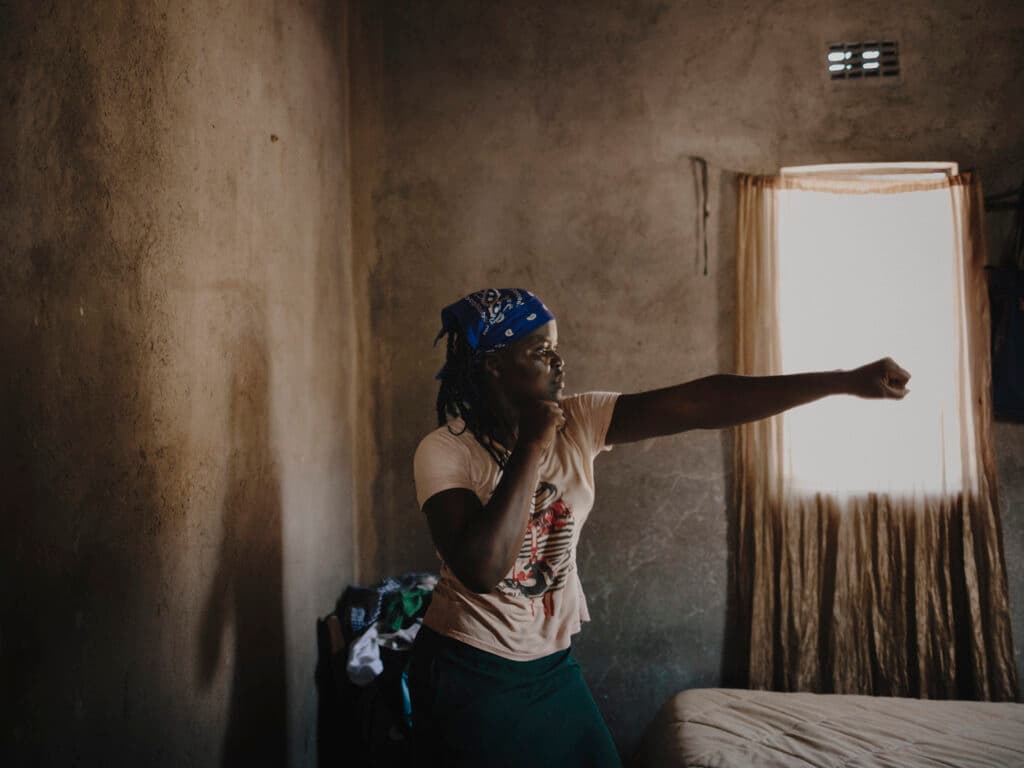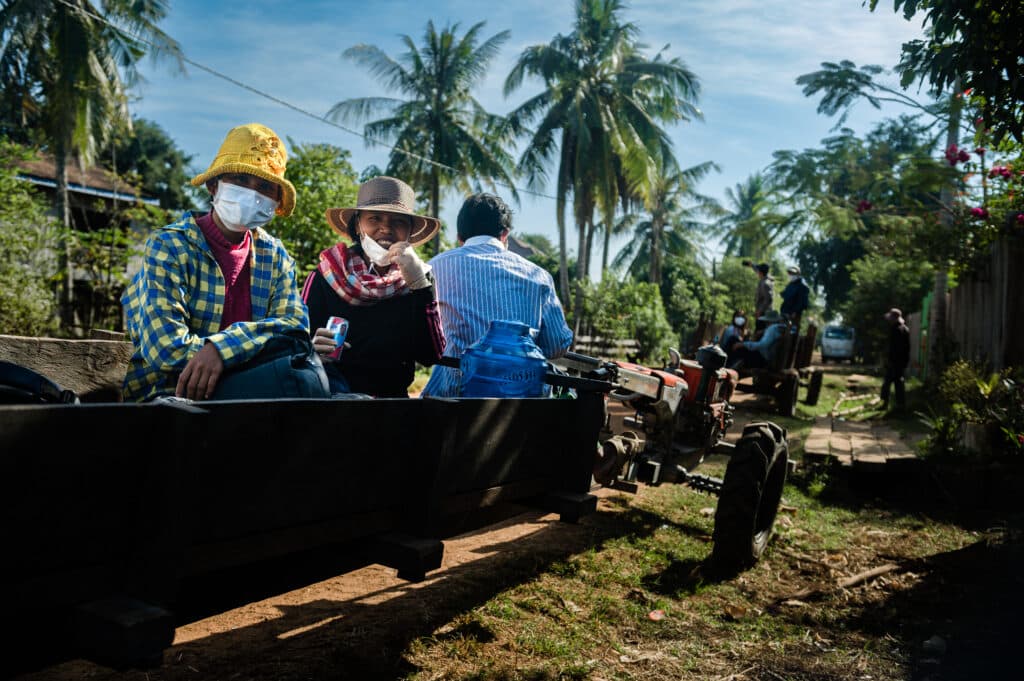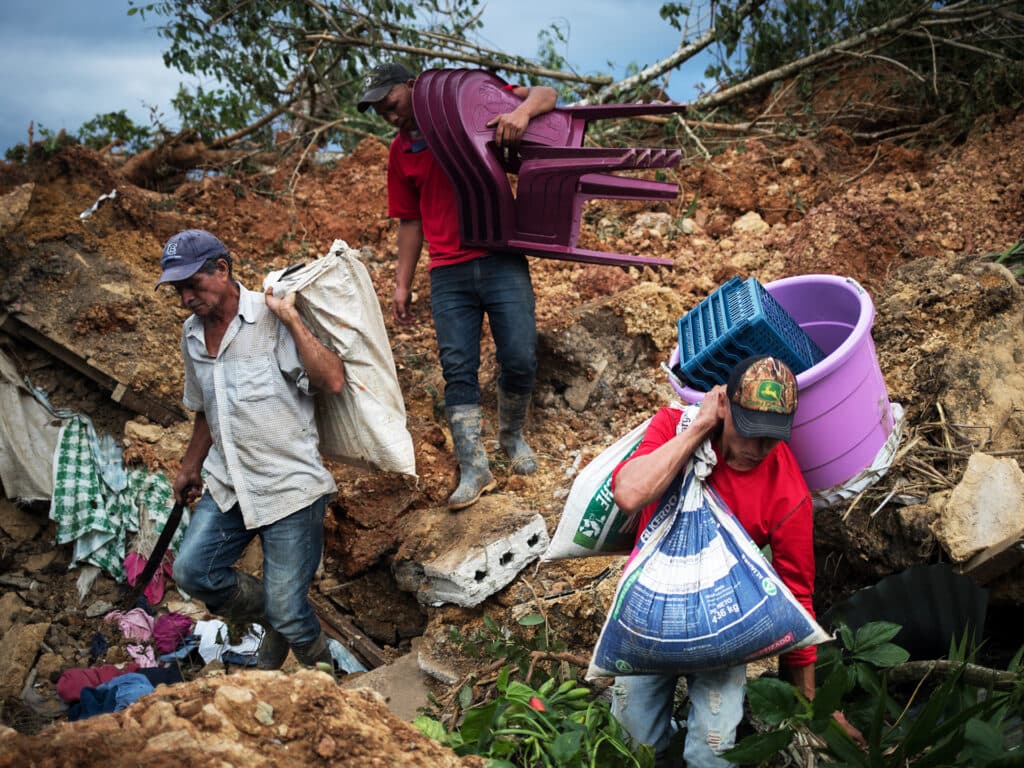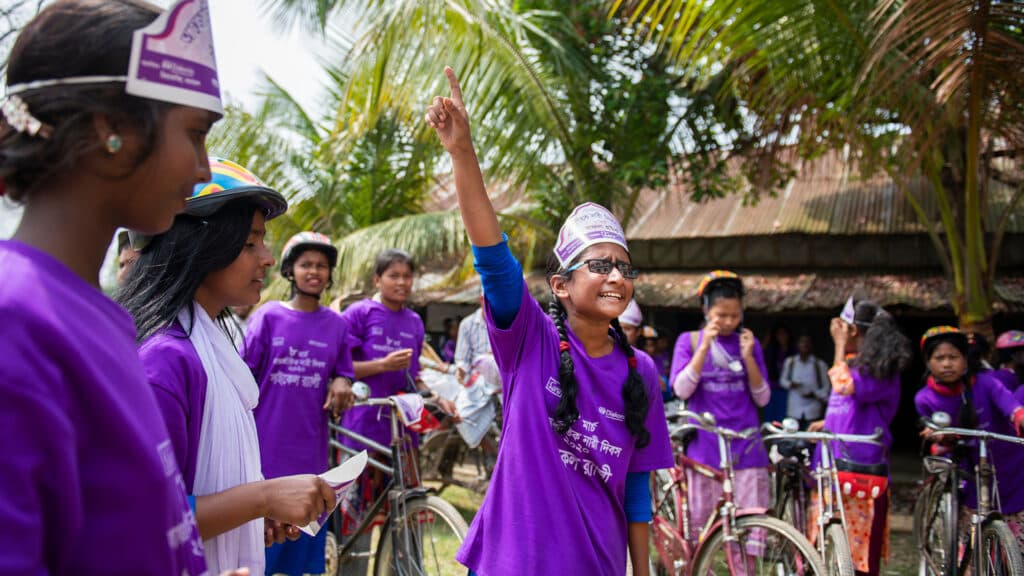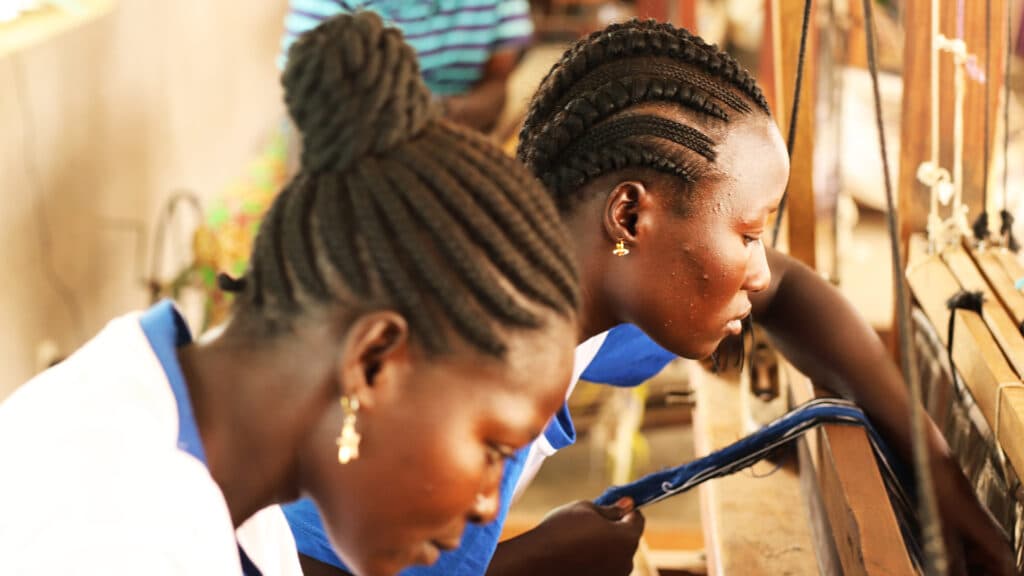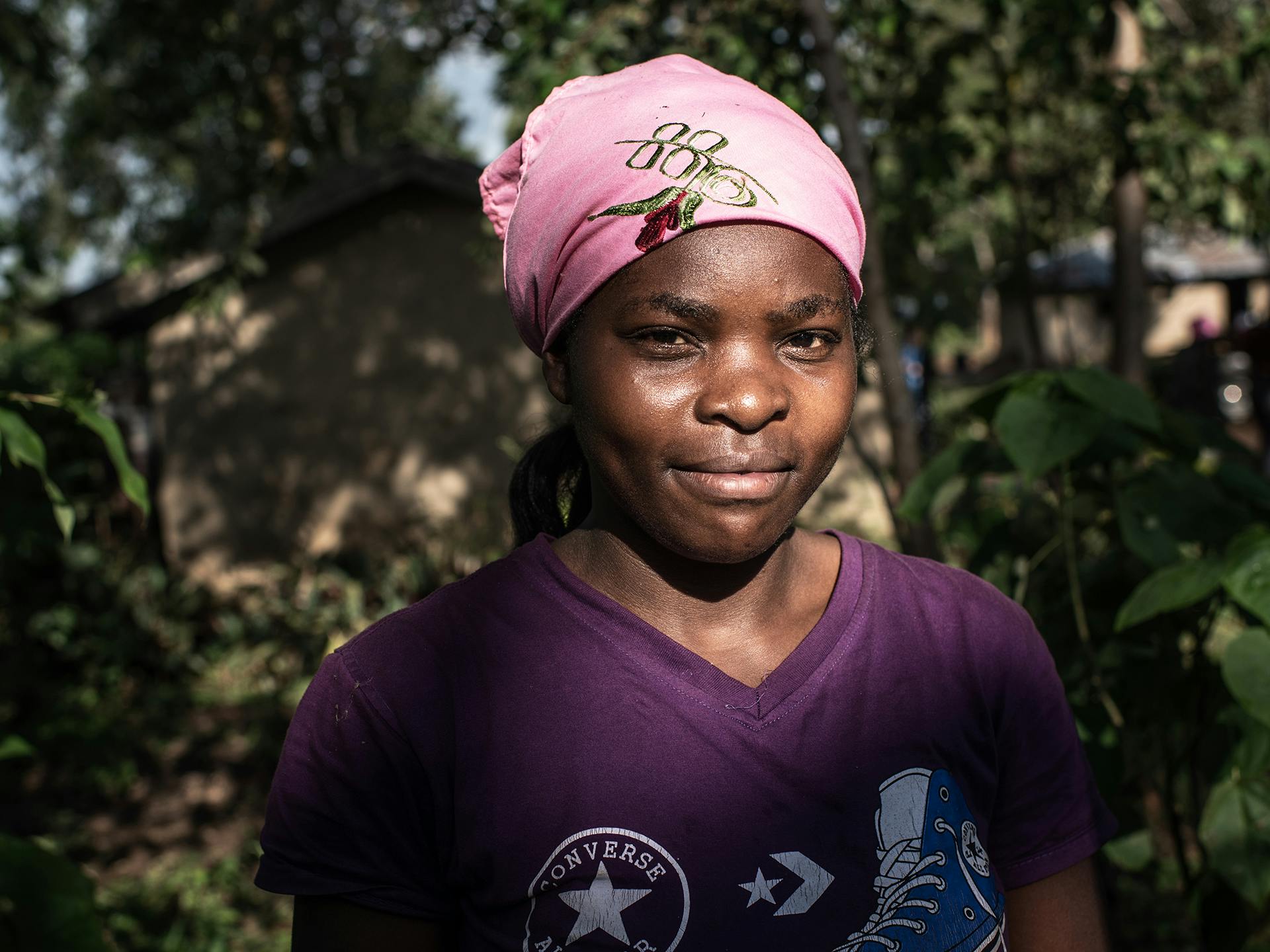
Mainstreamed areas and toolboxes
Diakonia has three mainstreamed areas that permeate our work: A gender perspective, an environmental perspective and a conflict perspective.
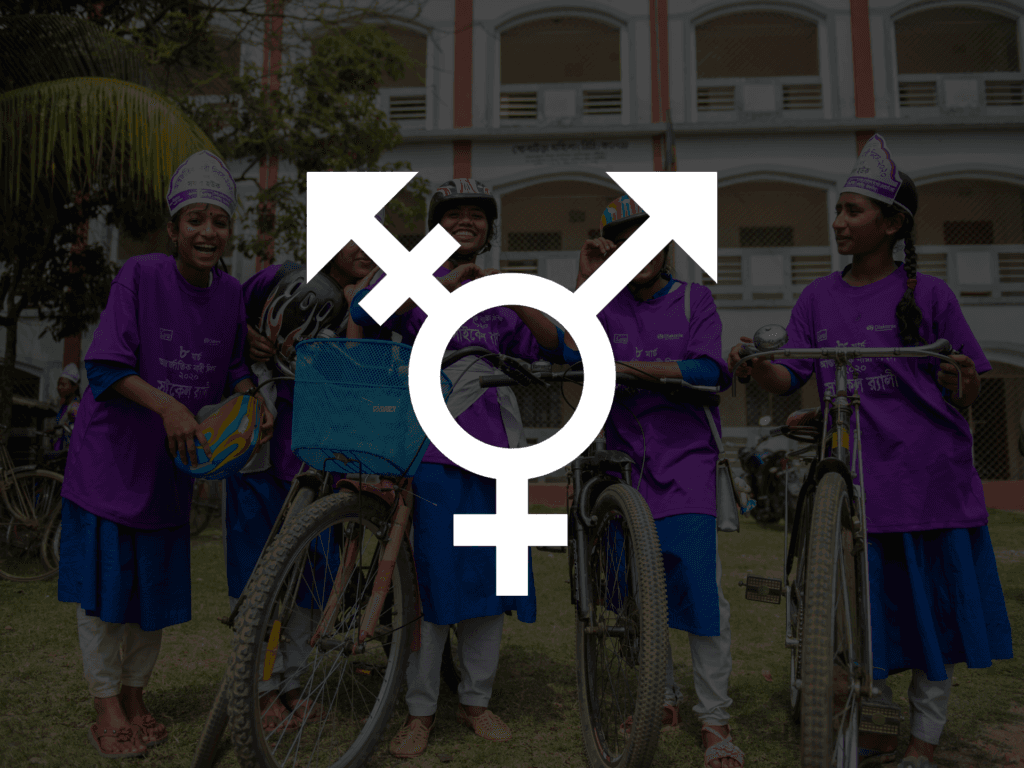
Gender perspective
Our goal is that all the work that Diakonia supports – not just gender projects – should contribute to increased gender equality. In order to make this happen, all projects (whether they focus on democracy, human rights, social and economic justice, or something else) need to have a strong gender perspective.
Diakonia’s Gender Mainstreaming Toolbox has been developed by our global Gender Working Group. It contains practical tools that are easy to use, and that support the integration (also known as mainstreaming) of a gender perspective in projects.
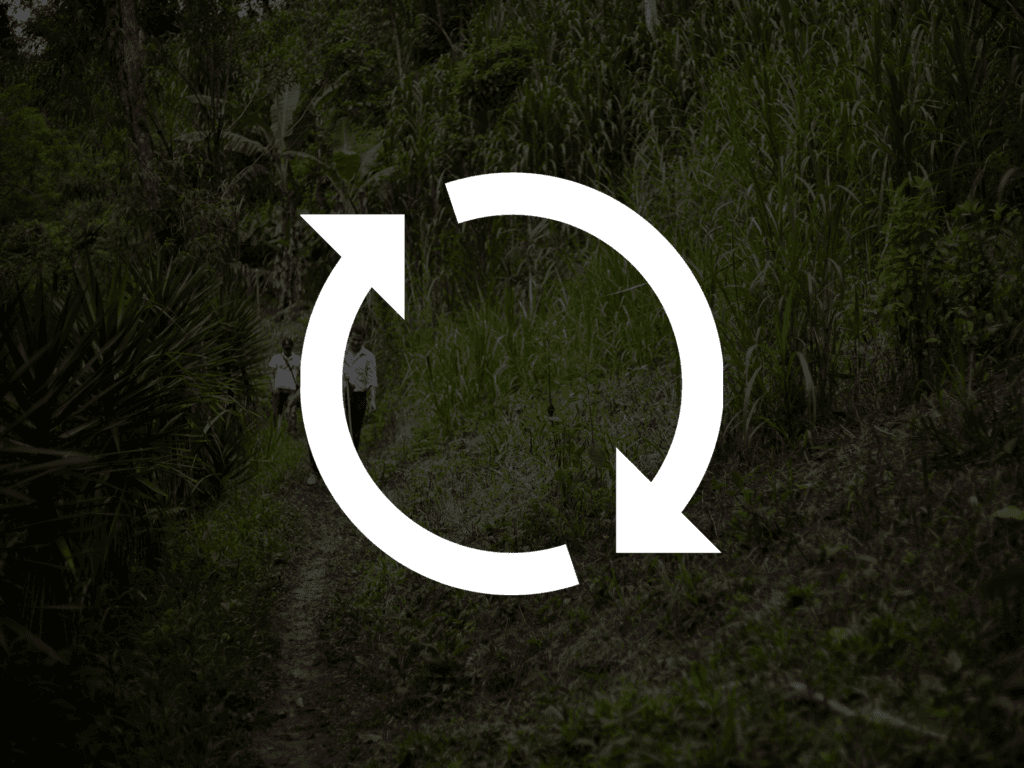
Environmental perspective
Environmental problems and climate change often result from underlying structural causes. For example when people living in poverty have no choice but to use resources unsustainably in order to survive, or when rich people cause problems that most severely affect people living in poverty, we seek to change those underlying structures and strive to integrate an environmental perspective. We do this by analyzing how the work is affected by the environmental situation, and vice versa how the work itself affects the environmental situation, and how contributions to an improved environmental situation can be maximized.
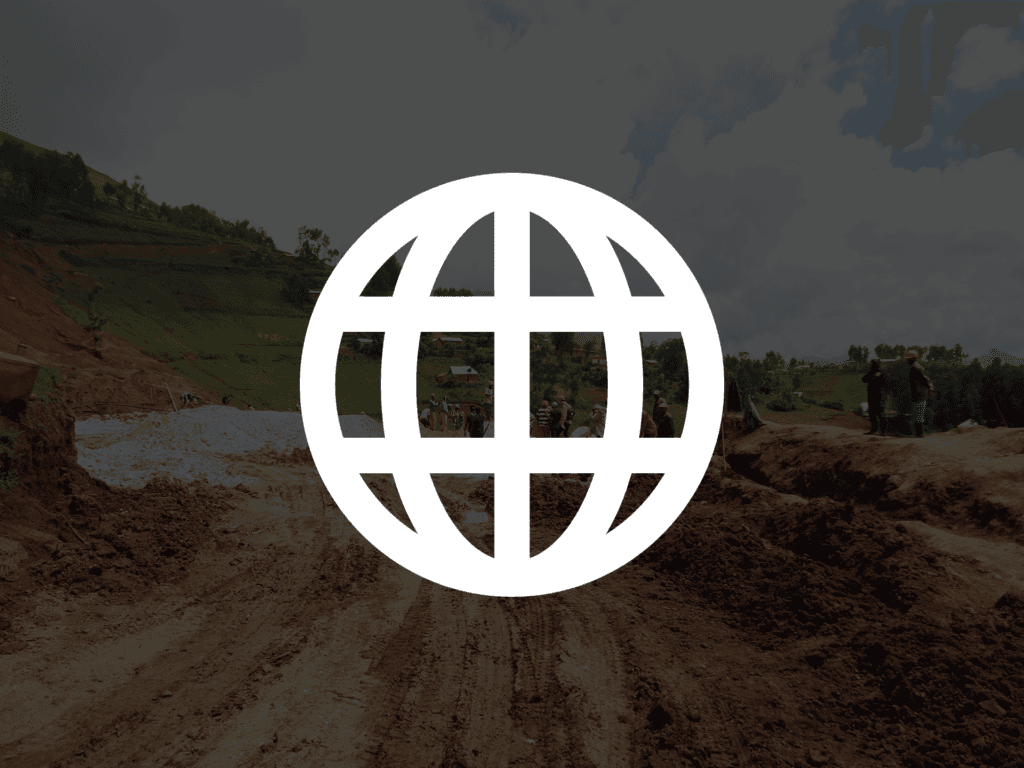
Conflict perspective
Our goal is that all that we do (by ourselves or through partnerships) should be conflict-sensitive. In practice, this means that, in contexts characterized by conflict risk or on-going conflict, we work pro-actively and systematically to avoid contributing to violent conflict, and if possible – contribute to peace. Diakonia’s conflict mainstreaming consists of three steps: Conflict analysis, Basic Do No Harm analysis and, Adjust & Adapt. The Conflict Mainstreaming Toolbox is a step-by-step manual for ensuring conflict-sensitivity.
